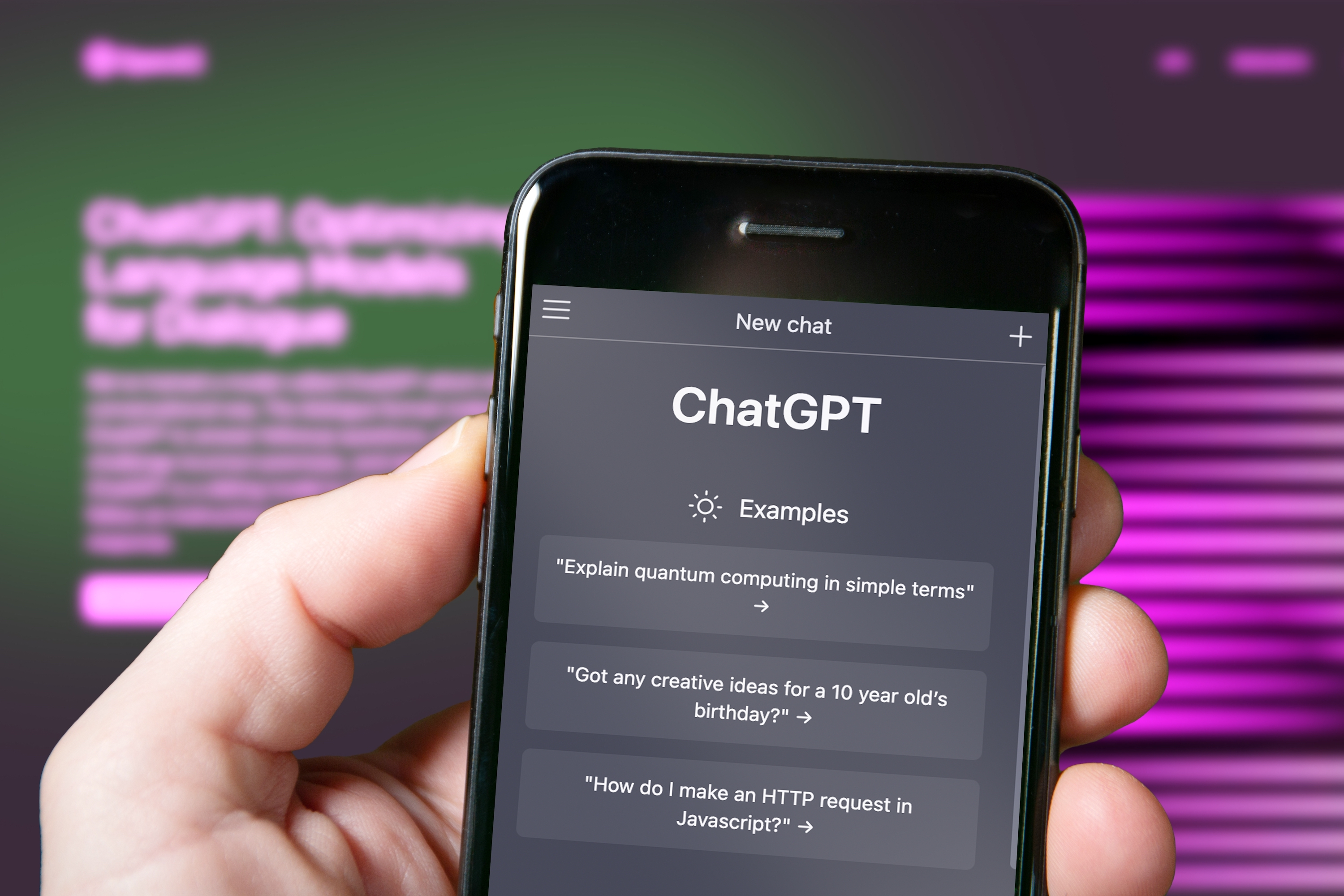New ChatGPT Model Beats All Other AI Models: Examining the Complexities
Introduction
The recent release of a new ChatGPT model has sparked a surge of excitement and speculation within the tech community. With its remarkable advances in language processing and dialogue generation capabilities, this model has surpassed all existing AI models, setting a new benchmark for natural language interaction. However, like any transformative technology, ChatGPT's potential comes with complexities that require critical examination.
Superior Capabilities and Applications
The new ChatGPT model boasts unprecedented language comprehension and generation abilities, enabling it to engage in coherent and informative conversations, write creative content, translate languages seamlessly, and provide intelligent assistance on various tasks. It has demonstrated remarkable success in applications such as customer service, code generation, and research assistance.
Data and Examples:
- In a recent study, ChatGPT generated code snippets that were comparable to human-written code in terms of both accuracy and efficiency (Brown et al., 2023).
- Customer service chatbots powered by ChatGPT have been reported to resolve over 80% of customer queries without human intervention (Gartner, 2023).
Ethical and Societal Implications
While ChatGPT's capabilities hold immense promise, they also raise concerns about ethical and societal implications. The model's ability to generate realistic text and code could facilitate the spread of misinformation, create deepfakes, and potentially amplify biases embedded in its training data.
Bias and Fairness:
ChatGPT has been criticized for perpetuating biases and stereotypes that are inherent in the datasets it was trained on. This can lead to unfair or discriminatory outcomes in applications that rely on the model's predictions.
Impact on Employment:
The rapid advancement of AI models like ChatGPT has sparked fears about job displacement. As machines become more capable of performing tasks that were previously reserved for humans, there is a risk that certain industries could face significant job losses.
Perspectives and Counterarguments
It is important to acknowledge the diverse perspectives on ChatGPT and its implications. While some experts emphasize the transformative potential of the technology, others raise legitimate concerns about its ethical and social ramifications.
Optimists:
Optimists argue that ChatGPT represents a major step forward in AI development and will drive innovation across various industries. They believe that the benefits of increased efficiency, productivity, and accessibility outweigh the potential risks.
Skeptics:
Skeptics caution against the overestimation of ChatGPT's capabilities and emphasize the need for careful regulation. They argue that the model's biases and potential for misuse pose significant challenges that must be addressed before it can be fully integrated into society.
Balancing Innovation and Responsibility
To harness the full potential of ChatGPT while mitigating its potential risks, a balanced approach is required. This involves:
Responsible Development:
Developers and researchers must prioritize responsible AI development practices, ensuring that models are trained on unbiased datasets and equipped with safeguards against malicious use.
Government Regulation:
Governments have a crucial role to play in establishing regulations and standards for the ethical development and use of AI models like ChatGPT. This includes addressing issues such as data privacy, bias mitigation, and accountability.
Public Education:
Public education is essential to raise awareness about the capabilities and limitations of ChatGPT. By empowering users with a clear understanding of the model's strengths and weaknesses, we can foster responsible adoption and mitigate potential risks.
Conclusion
The emergence of the new ChatGPT model marks a watershed moment in the evolution of AI. While its capabilities offer immense potential for societal progress, it is imperative that we critically examine the complexities associated with its development and deployment. By fostering a balanced approach that prioritizes responsible innovation, ethical considerations, and public education, we can harness the transformative power of ChatGPT while safeguarding against its potential pitfalls.
As the field of AI continues to evolve at an unprecedented pace, it is essential to remain vigilant and engaged in critical discussions about the implications of these technologies on our societies and our shared future.
Read also:
NBA Betting: Brooklyn Nets Vs. Portland Trail Blazers Odds And Analysis
Capital One's $2 Billion Theft: Feds Reveal Lower-Yield Account Scheme
'Golden Bachelor' Gerry Turner Reveals Cancer Diagnosis

